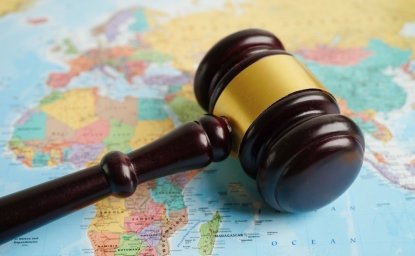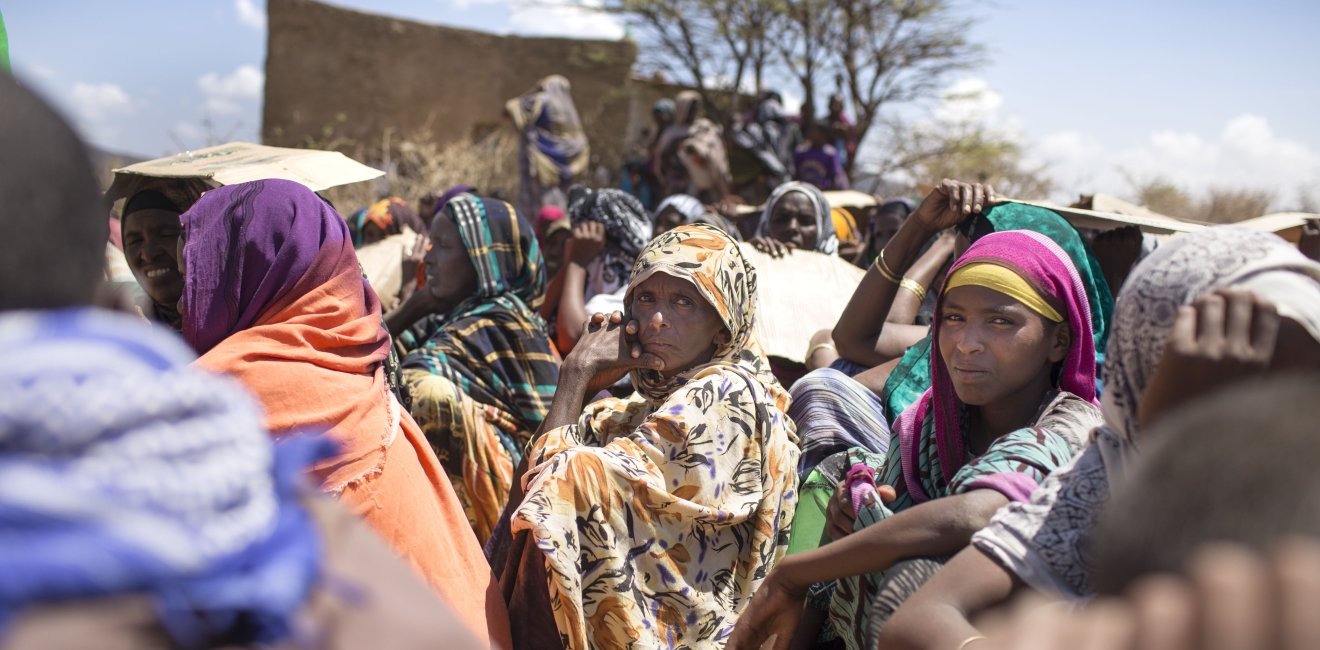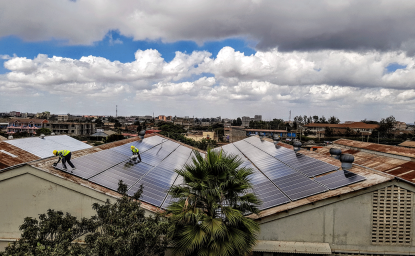Critical Challenges for the U.S. | Crisis in the Horn of Africa Threatens Regional Stability
Ethiopia, for years an island of tense stability within the conflict-plagued Horn of Africa, has passed the one-year mark on a war that pits government forces against the country’s ethnic Tigrayan minority, primarily based in Ethiopia’s northern highlands. The conflict, which has reportedly killed thousands of civilians, forced millions to flee their homes and made more than nine million people dependent on food aid, has already had spillover effects in the region, and threatens more. Eritrean forces crossed the border in support of Ethiopian government forces, with rape, executions, looting, and detentions perpetrated by all sides according to the UN High Commissioner on Human Rights and Ethiopia’s independent human rights commission.
Humanitarian access has also been a major issue. Ethiopia has pulled some of its troops home from the African Union peacekeeping mission in Somalia (AMISOM) in which they have been a controversial mainstay of efforts to fight the terrorist Al Shabab insurgency. Sudanese troops have pushed Ethiopian farmers out of the disputed Al-Fashaga border area, while talks aimed at resolving disputes over the Great Ethiopian Renaissance Dam project, championed by Ethiopia but viewed as a threat to Egyptian and Sudanese water resources, are stalled. Sudan is itself reeling from the aftermath of an October 2021 military coup that resulted in some $650 million cuts in international assistance. The U.S. government is working with the African Union, western allies, and concerned partners in the Gulf who understand that continued fighting threatens both Ethiopian and regional stability. The high-stakes diplomatic effort aims to facilitate humanitarian access to the conflict zones, help Ethiopian parties agree on a ceasefire and reach a political settlement. The World Food Program (WFP) is trying to stave off mass starvation in Tigray and food insecurity throughout the country, even as WFP employees have been detained and UN officials expelled.
Three Things to Watch
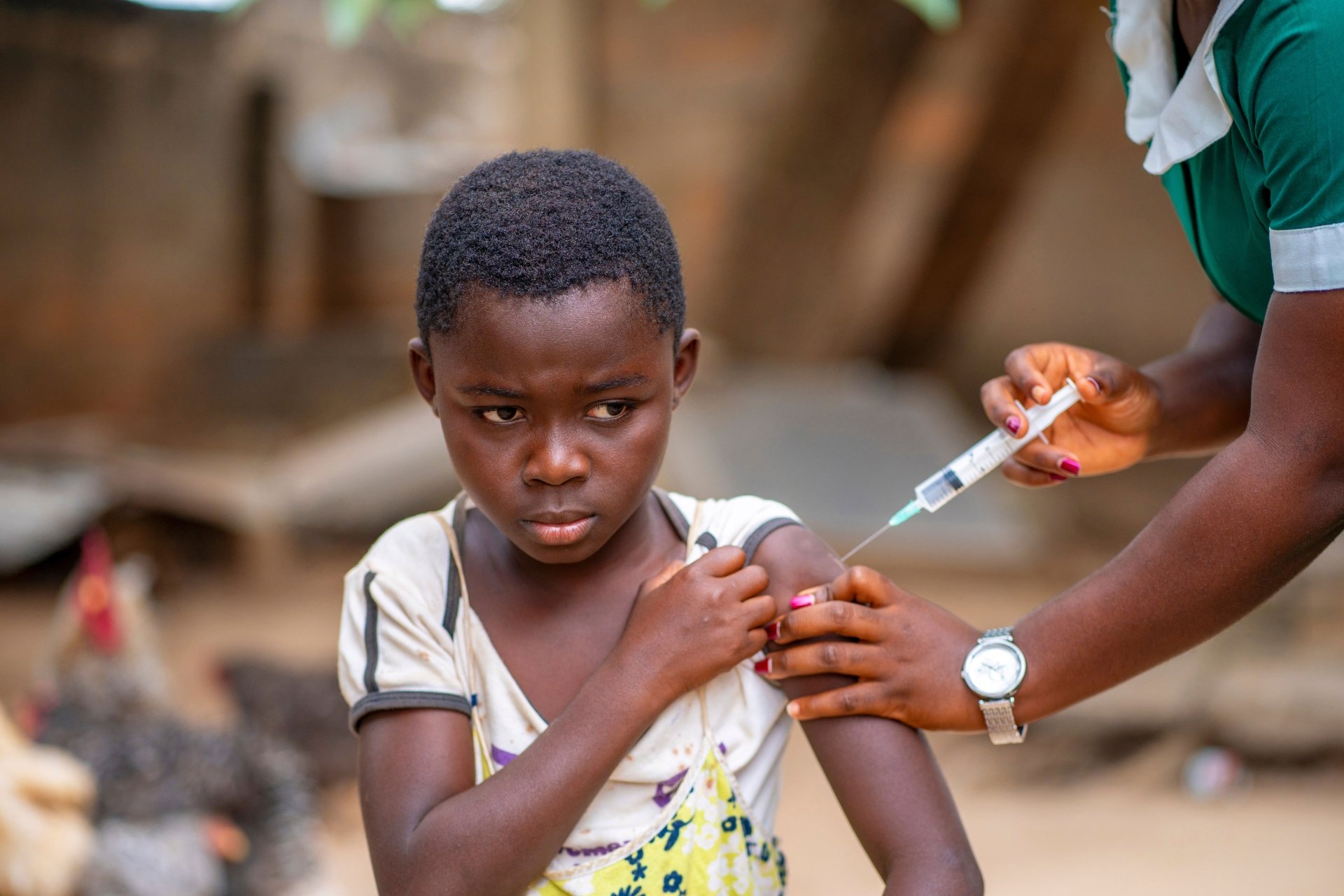
1. COVID-19 Recovery Slowed by Omicron Variant, Low Vaccine Adherence
Just as COVID-19 vaccine availability in Africa began escalating, with increased production from drug companies and expanded donations from wealthy countries, the Omicron variant emerged. First detected in South Africa and Botswana, Omicron prompted renewed travel bans (since rescinded) and exacerbated an already difficult economic recovery from the pandemic. As COVID-19 continues to slow African productivity and growth, the pandemic is spurring some African countries to digitalize their economies, invest more in healthcare, and promote local industries. At the same time, debt levels are rising as African governments try to cushion the economic fallout. While Africa accounts for less than five percent of global COVID-19 cases and deaths, higher vaccination rates are critical to preventing increased disease spread. With logistical complications and healthcare worker and equipment shortages posing huge challenges, most African countries have yet to vaccinate even 10 percent of their populations.
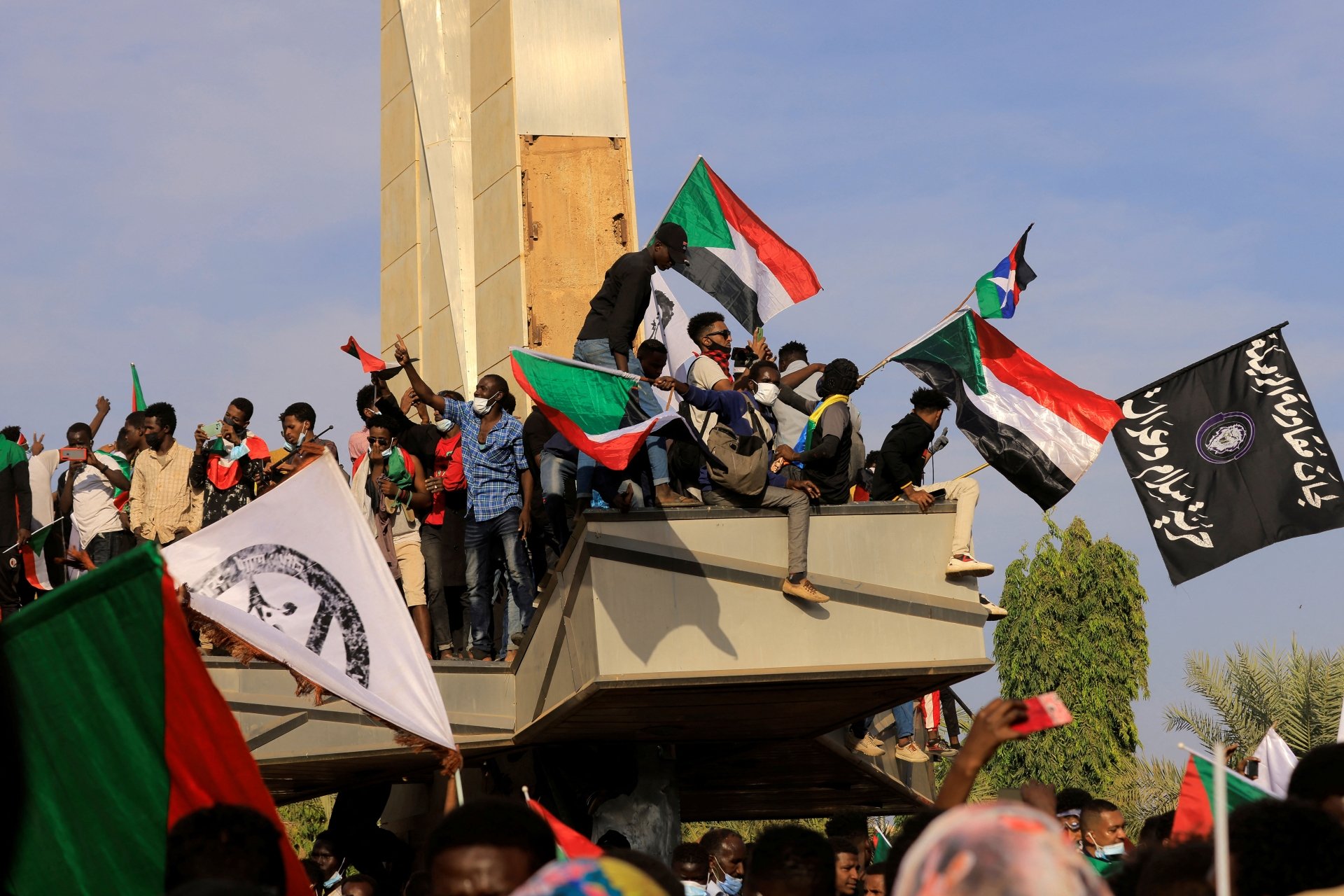
2. Countering Democracy’s Decline in Africa
Twenty countries in sub-Saharan Africa were ranked “not free” by Freedom House in 2021. Weak institutions of governance in African nations make them particularly vulnerable to authoritarian leaders. While some have cloaked themselves in the trappings of democracy—through term limit extensions and rigged elections—military coups in Mali, Chad, Guinea, and Sudan have trampled the rule of law and fomented violence. Additionally, COVID-19 was used as a pretext for election delays, restrictions on political assembly and the media, and human rights violations. Against these troubling trends, democratic and peaceful transfers of power in Zambia and Tanzania are encouraging, as is the continued determination of young activists to hold corrupt officials accountable, demand jobs and services, and protest human rights violations. New tools to counter anti-democratic trends abroad, including the Biden Administration’s recently unveiled anti-corruption strategy, may deter would-be autocrats in the future.
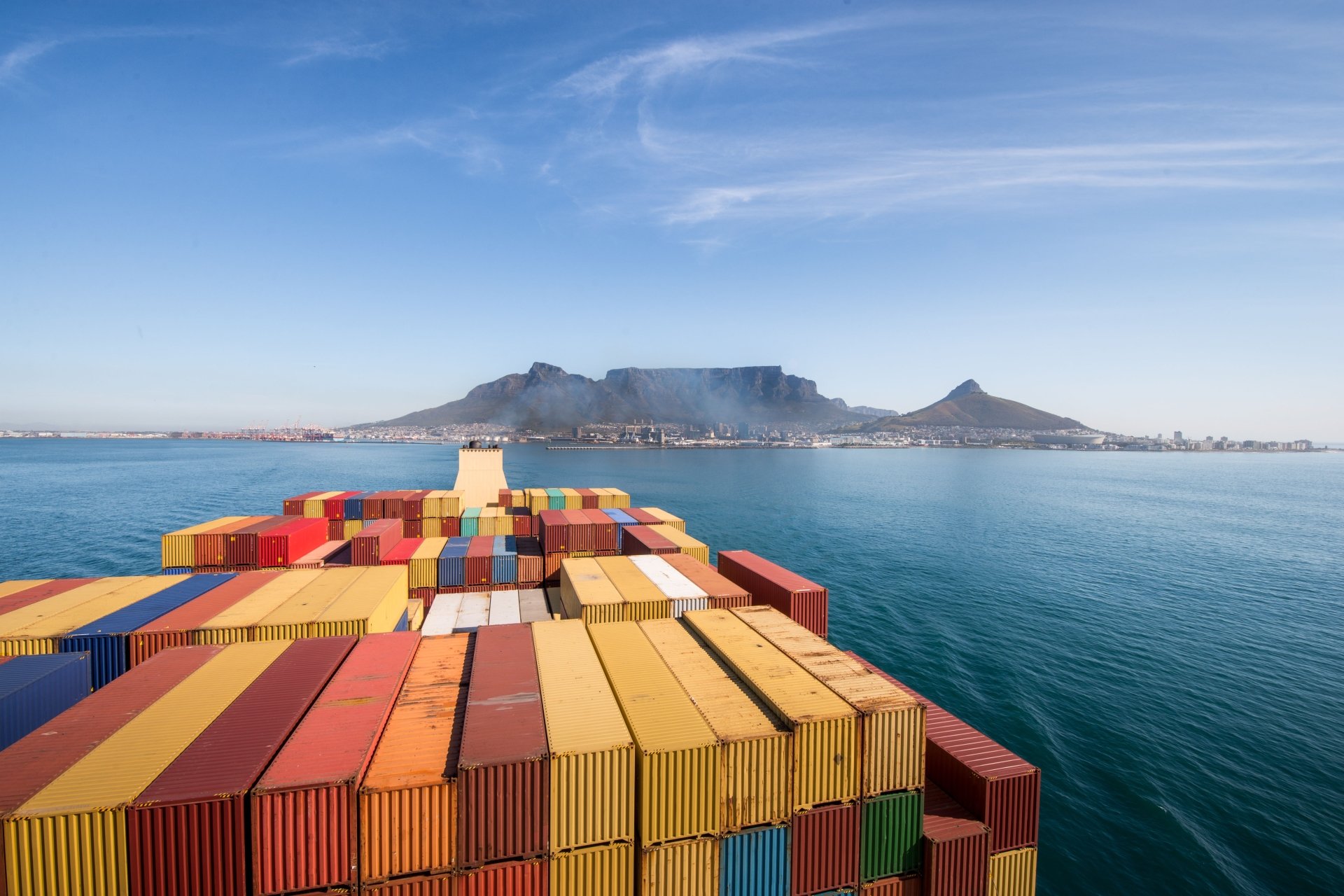
3. African Economic Integration and Trade
A home-grown effort to expand continental trade and increase resources for development, the Africa Continental Free Trade Area (AfCFTA) became operational in January 2021. It could potentially boost African income by $450 billion by 2035, increase the continent’s exports by $560 billion (mostly in manufacturing), and lift 30 million people out of extreme poverty, according to the World Bank. While not all African countries have ratified the AfCFTA agreement, some are already reaping the benefits of tariff reductions with trading partners on the continent. As AfCFTA takes off, the African Growth and Opportunity Act (AGOA) is still underutilized by many African countries and the Biden Administration has deemed Ethiopia, Mali, and Guinea non-compliant with the Act’s eligibility democracy and human rights requirements. With AGOA set to expire in 2025, there is an urgent need for discussion of U.S.-Africa trade relations going forward.
Contributors

Independent

Assistant Professor, Harvard University

Professor, Department of History, Political Science, and Philosophy, Delaware State University

Former Deputy Assistant Secretary of Defense, US Department of Defense

Africa Program
The Africa Program works to address the most critical issues facing Africa and US-Africa relations, build mutually beneficial US-Africa relations, and enhance knowledge and understanding about Africa in the United States. The Program achieves its mission through in-depth research and analyses, public discussion, working groups, and briefings that bring together policymakers, practitioners, and subject matter experts to analyze and offer practical options for tackling key challenges in Africa and in US-Africa relations. Read more

Explore More
Browse Insights & Analysis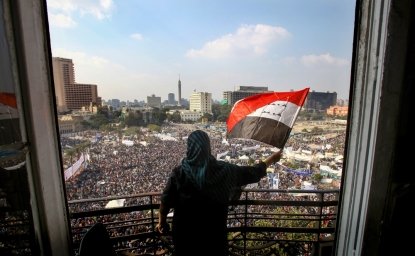
Living Interesting Lives: Daily Life Amidst Coup D’etat and Revolution
